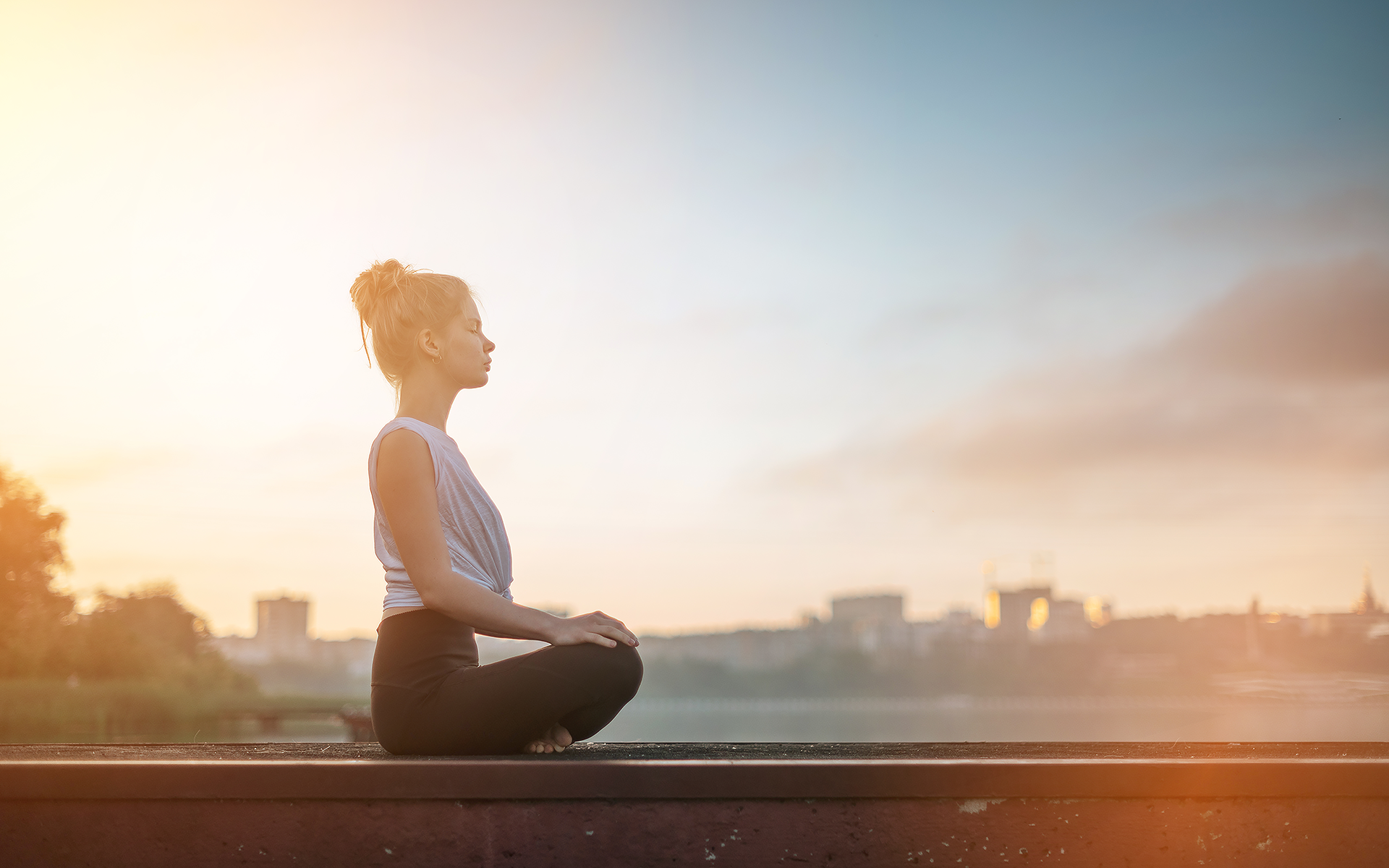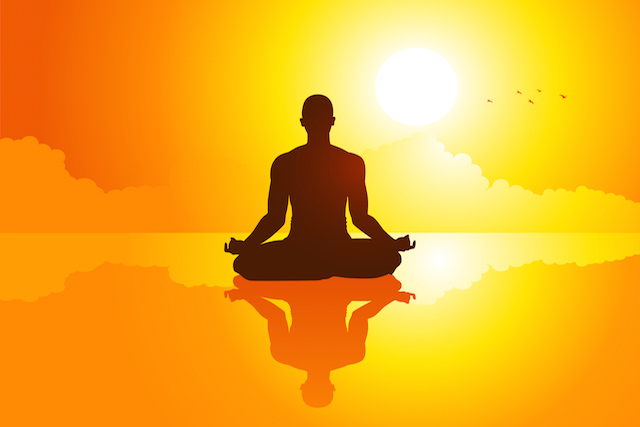Our general interest e-newsletter keeps you up to date on a broad variety of health subjects.
Register now Meditation: A basic, quick method to lower stress
Meditation can wipe away the day's stress, bringing with it inner peace. See how you can easily learn to practice meditation whenever you need it most.
By Mayo Clinic Staff If tension has you nervous, tense and concerned, think about attempting meditation. Investing even a couple of minutes in meditation can restore your calm and inner peace.
Anybody can practice meditation. It's basic and inexpensive, and it doesn't require any special equipment. And you can practice meditation wherever you are-- whether you're out for a walk, riding the bus, waiting at the physician's office and even in the middle of a challenging service conference.
Comprehending meditation Meditation has actually been practiced for countless years. Meditation initially was indicated to assist deepen understanding of the spiritual and magical forces of life. Nowadays, meditation is frequently utilized for relaxation and tension decrease.
Meditation is thought about a kind of mind-body complementary medication. Meditation can produce a deep state of relaxation and a serene mind. Throughout meditation, you focus your attention and remove the stream of jumbled ideas that might be crowding your mind and triggering tension. This procedure might lead to boosted physical and psychological wellness.
Advantages of meditation Meditation can offer you a sense of calm, peace and balance that can benefit both youremotional wellness and your general health.
And these advantages do not end when your meditation session ends. Meditation can assist bring you more calmly through your day and may help you manage symptoms of particular medical conditions.
Meditation and emotional well-being When you meditate, you may clear away the information overload that builds up every day and contributes to your stress.
The emotional benefits of meditation can consist of:
Meditation and health problem Meditation may likewise work if you have a medical condition, specifically one that might be aggravated by tension. While a growing body of clinical research study supports the health benefits of meditation, some researchers believe it's not yet possible to draw conclusions about the possible benefits of meditation. With that in mind, some research suggests that meditation may assist individuals handle signs of conditions such as:
Make sure to speak to your health care service provider about the advantages and disadvantages of using meditation if you have any of these conditions or other health issue.

In some cases, meditation can worsen symptoms related to particular psychological and physical health conditions.
Meditation isn't a replacement for standard medical treatment. However it may be a helpful addition to your other treatment. Types of meditation
Meditation is an umbrella term for the many ways to an unwinded state of being. There are lots of kinds of meditation and relaxation methods that have meditation elements. All share the exact same goal of achieving inner peace. Ways to meditate can consist of:
Assisted meditation. Often called directed imagery or visualization, with this method of meditation you form mental images of locations or scenarios you discover relaxing.
You attempt to use as many senses as possible, such as smells, sights, sounds and textures. You might be led through this procedure by a guide or instructor.
Mantra meditation. In this kind of meditation, you quietly repeat a calming word, believed or expression to avoid distracting thoughts. Mindfulness meditation. This type of meditation is based upon being conscious, or having actually an increased awareness and acceptance of living in the present moment.
In mindfulness meditation, you widen your Sea mindful awareness. You concentrate on what you experience during meditation, such as the flow of your breath. You can observe your thoughts and feelings, however let them pass without judgment. Qi gong. This practice typically combines meditation, relaxation, physical movement and breathing workouts to bring back and preserve balance. Qi gong (CHEE-gung) belongs to traditional Chinese medicine. Tai chi. This is a kind of mild Chinese martial arts. In tai chi (TIE-CHEE), you perform a self-paced series of postures or movements in a slow, elegant manner while practicing deep breathing.
Transcendental Meditation ®. Transcendental Meditation is a simple, natural technique. In Transcendental Meditation, you calmly duplicate a personally designated mantra, such as a word, sound or phrase, in a particular method. This type of meditation may permit your body to settle into a state of extensive rest and relaxation and your mind to accomplish a state of inner peace, without needing to use concentration or effort. Yoga. You carry out a series of postures and regulated breathing exercises to promote a more flexible body and a calm mind. As you move through postures that need balance and concentration, you're encouraged to focus less on your busy day and more on the moment.

Various kinds of meditation may include various functions to help you meditate. These might differ depending on whose guidance you follow or who's teaching a class. A few of the most common features in meditation consist of: Concentrated. Focusing your attention is typically one of the most important components of meditation.
Focusing your attention is what helps free your mind from the lots of diversions that cause stress and concern. You can focus your attention on such things as a particular object, an image, a mantra, or even your breathing. Unwinded breathing. This method involves deep, even-paced breathing utilizing the diaphragm muscle to broaden your lungs. The purpose is to slow your breathing, take in more oxygen, and reduce using shoulder, neck and upper chest muscles while breathing so that you breathe more effectively. A quiet setting. If you're a newbie, practicing meditation might be simpler if you're in a peaceful spot with few diversions, consisting of no television, radios or cellular phones.
As you get more proficient at meditation, you may be able to do it anywhere, specifically in high-stress circumstances where you benefit the most from meditation, such as a traffic jam, a demanding work conference or a long line at the grocery store. A comfy position. You can practice meditation whether you're sitting, resting, walking, or in other positions or activities. Simply attempt to be comfortable so that you can get the most out of your meditation. Goal to keep great posture during meditation. Open mindset. Let ideas pass through your mind without judgment.